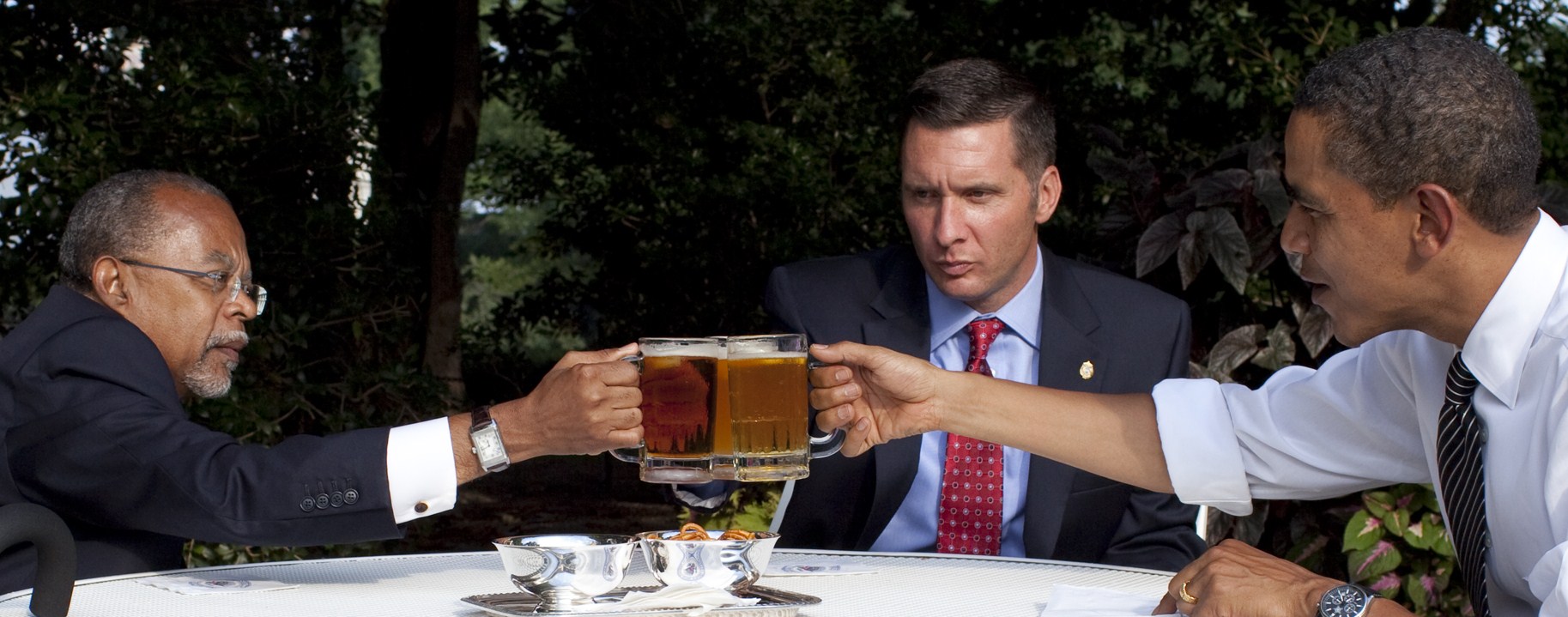How much free advice should you give away in a proposal?
If you work in professional services (think: public relations, management consulting, lobbying), one of the perennial questions you face is this: “How detailed should I make my proposals?”
On the one hand, you want to show that you grasp the situation and to demonstrate your expertise. On the other hand, you don’t want to work for free. Nor do you want to give away so much info that the client-to-be no longer needs you.
Consider the following example (from P.R.): Should you share the names of the relevant reporters you have relationships with? In my experience, most proposals will drop names but not contact info. I think that’s a smart compromise.
Here’s where things get tricky: Should you go further? For example, should you work up a sample pitch? Should you mention that TechCrunch is always hungry for scoops about a startup’s latest fundraising round? Should you reveal that Ellen Pollock is the business editor at the New York Times, or which outlets, if you pay them, will publish your op-ed?
In other words: Should your proposal include a plan?









